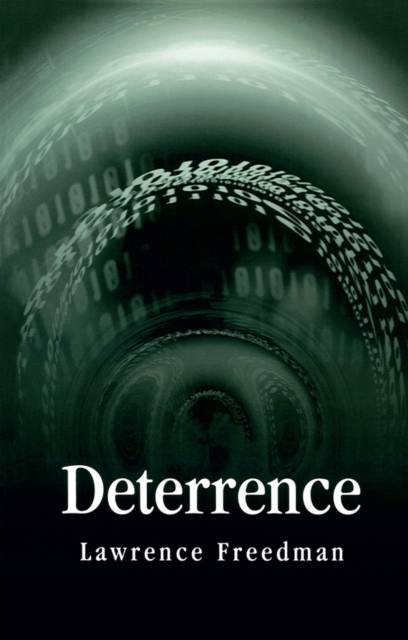
- Retrait gratuit dans votre magasin Club
- 7.000.000 titres dans notre catalogue
- Payer en toute sécurité
- Toujours un magasin près de chez vous
- Retrait gratuit dans votre magasin Club
- 7.000.0000 titres dans notre catalogue
- Payer en toute sécurité
- Toujours un magasin près de chez vous
Description
The study of deterrence has been hampered by the weight of the intellectual baggage accumulated since the end of the Second World War. Exaggerated notions of what deterrence might achieve were developed, only to be to knocked down by academic critique. In this book, Freedman charts the evolution of the contemporary concept of deterrence, and discusses whether - and how - it still has relevance in today's world. He considers constructivist as well as realist approaches and draws on criminological as well as strategic studies literature to develop a concept of a norms-based, as opposed to an interest-based, deterrence. This book will be essential reading for students of politics and international relations as well as all those interested in contemporary strategic thought.
Spécifications
Parties prenantes
- Auteur(s) :
- Editeur:
Contenu
- Nombre de pages :
- 160
- Langue:
- Anglais
- Collection :
Caractéristiques
- EAN:
- 9780745631127
- Date de parution :
- 21-05-04
- Format:
- Livre relié
- Format numérique:
- Genaaid
- Dimensions :
- 170 mm x 223 mm
- Poids :
- 308 g

Les avis
Nous publions uniquement les avis qui respectent les conditions requises. Consultez nos conditions pour les avis.






